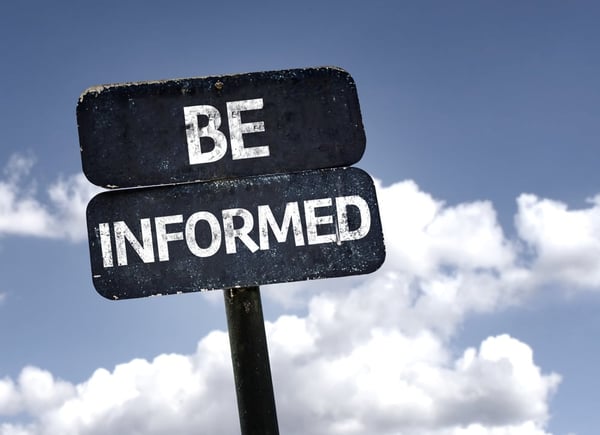Navigating Car Loans with a Car Loan Payment Calculator
Buying a car is a significant step, especially for young adults juggling entry-level jobs and life’s many responsibilities. Whether you're eyeing a...

A savings account offers several financial advantages, but a high interest rate usually isn’t one of them. Savings accounts with a half percent interest rate are considered good deals, but the average savings account interest rate is a lot closer to less than a tenth of a percent.
Why is the interest rate so low on savings accounts, especially when you’ll pay interest rates of at least four to five percent on an auto or mortgage loan?
To understand that, you need to understand how financial institutions operate.

You probably know about the two types of bank accounts, checking and saving. You probably also know that you use a checking account a lot more than a savings account.
Financial institutions know this too, which is why checking accounts, with very few exceptions, have fees. The fees might be understandable, like a fee for overdrawing your account, or it might be a “convenience” or “maintenance” fee for using an ATM or keeping less than the minimum amount in your account.
A savings account, on the other hand, is designed to provide long-term storage for your money. Since you’ll rarely be withdrawing money from this account, financial institutions can borrow this money and loan it out to other customers. The interest they pay you is essentially compensation for being able to loan your money out.
Stepping inside the byzantine world of determining interest rates can seem daunting, but in reality most of the concepts are easy to comprehend. For instance, the reason financial institutions set a higher interest rate for their loans than they do on savings accounts is because financial institutions make money on the interest they charge for their loans.
Financial institutions base their interest rates around several factors, but with savings account interest rates only one thing really matters—the Federal Reserve’s federal discount rate. This is the rate at which the Federal Reserve loans out money to financial institutions, and it has been historically low ever since the great recession in 2007.
This rate determines the interest rate on savings accounts. Why would financial institutions pay out more interest to their members than they would have to pay to the Fed?
Now that the Federal Reserve has raised the rates, though, you may see interest rates start to rise since financial institutions can offer members a higher rate on return. However, you will also start to see interest rates for loans rise as well.

If you want to know more about the interest rates for savings accounts or loans, contact our team of experts at First Alliance Credit Union. Our advisors will ask you questions about your financial goals and then work with you to get the best possible interest rate on your savings and loans.

Buying a car is a significant step, especially for young adults juggling entry-level jobs and life’s many responsibilities. Whether you're eyeing a...

When the Federal Reserve, aka the Fed, announces they’re raising interest rates, the news always focuses on whether the higher interest rates will...

If you’ve ever opened up a savings account or taken out a loan, you’ve heard the term interest before. You also probably have a rough idea of what it...